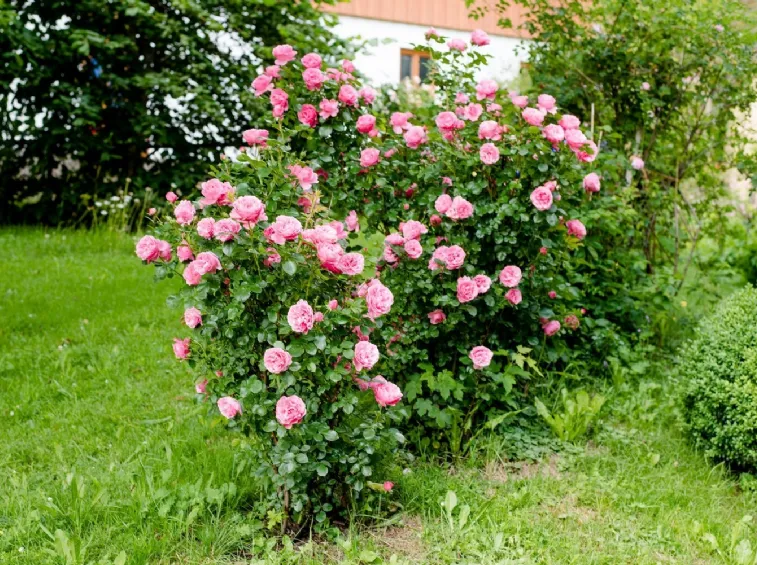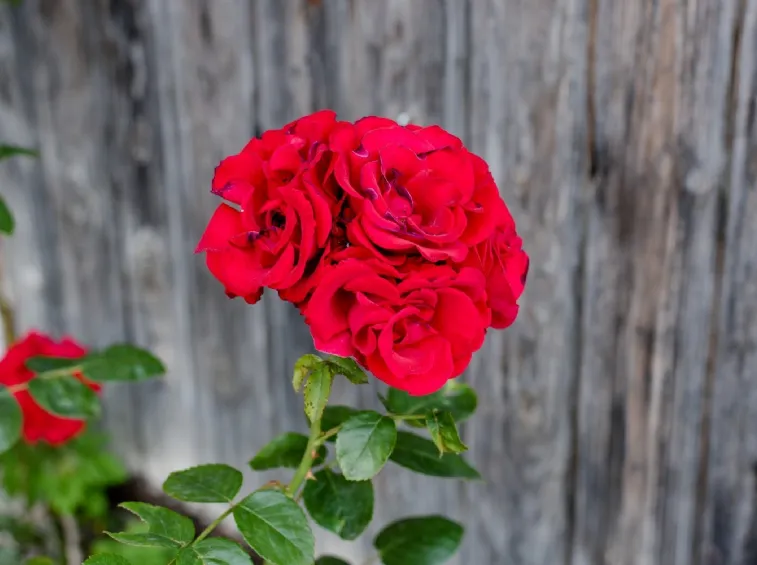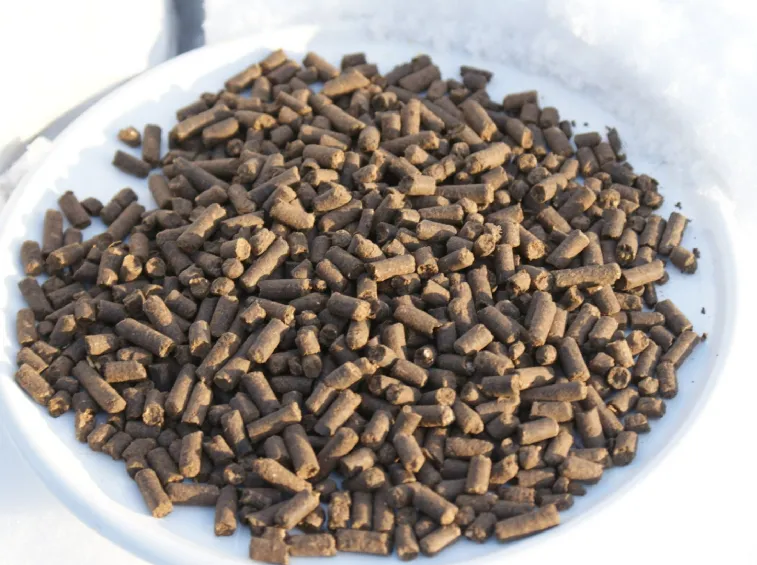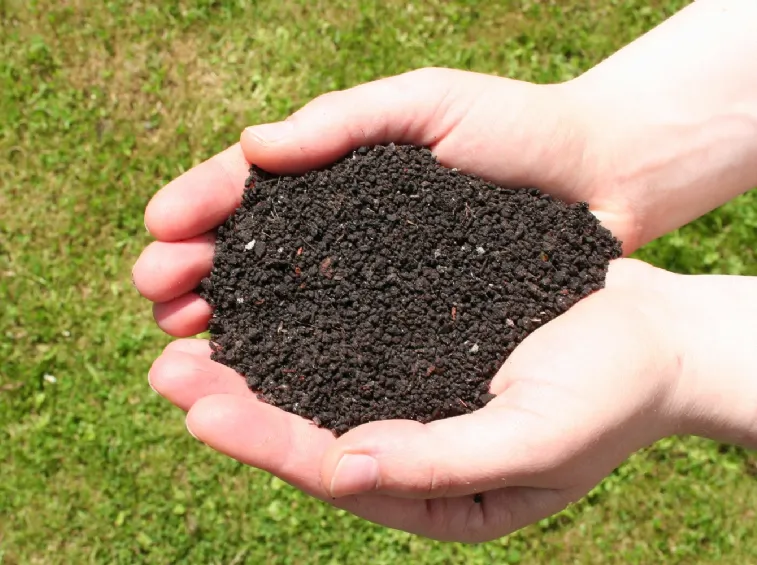Organic fertilizer for roses
Organic fertilizer roses
Fertilization of roses è a very important practice in the cultivation of these plants. Fertilize the plants è in fact indispensable to restore the nutrients absorbed by plants during the growing season to the soil. Nitrogen, phosphorus, potassium but also calcium, magnesium, sulfur, iron and manganese are substances without which the life of plants, and therefore also of roses, would be very difficult. In fact, when these substances are lacking in the soil, plant growth has problems and undergoes malformations associated with these deficiencies. To avoid problems such as stunted growth of the stems, a consistent yellowing of the leaves or the edges of the leaves, a weakening of the stems or other things of this kind, è well to fertilize the roses in our rose garden regularly. To have vigorous and prolonged blooms, è a calibrated and regular fertilization is necessary, essential to return the lost substances to the soil and to guarantee the plants all the elements necessary to support flowering.
Why choose rose organic fertilizer
First of all, let's clarify immediately what is meant by organic fertilizer. The organic fertilizer è any fertilizer of organic origin or consisting of organic material. Manure, slurry, poultry but also compost and other fertilizers originated from the decomposition of food, garden waste, etc. are organic fertilizers. Horse and cow manure are certainly the best organic fertilizers since they are 26-eacute; they have been matured for a few months and are therefore better balanced. On the market there are two types of products made with horse or cow manure: flour fertilizer and pelleted fertilizer. The flour fertilizer costs slightly less than the pelleted one becauseé it must not be subjected to transformation into pellets. The pellets, on the other hand, being sold in many small pellets, allows to obtain a più fertilization; homogeneous on the surface. Finally, the droppings è another excellent organic fertilizer of animal origin that can be used; be given to roses, as long as it is seasoned first.
Advantages of organic fertilizer
One of the greatest advantages of organic fertilizer &isgrave; undoubtedly its natural origin. Whether it is horse, cow or manure manure, or simple compost, organic fertilizer has the great advantage of being completely natural. This therefore allows us to fertilize our roses without resorting to products of chemical origin, and this thing, if we do not overdo it with the fertilizer, è già in itself positive. Another advantage &is; which allows us to dispose of material that otherwise should be disposed of. Both in the case of manure and compost, these are substances that, if introduced directly into the ecosystem, strongly pollute the environment. We think in fact of the slurry of the stables and the large amount of nitrogen that it presents, or the problem of waste disposal as regards food waste. Using organic fertilizer allows in some way to limit the production of waste, avoiding the direct introduction of pollutants into the ecosystem of 26-rsquo;
Disadvantages organic fertilizer
However, organic fertilizer also has disadvantages mainly related to the balance of the elements of this fertilizer and the presence of weed seeds inside it. The first disadvantage of organic fertilizer &is; in fact the worst balance of this fertilizer compared to chemical fertilizer, balanced in the laboratory and therefore optimized for roses. The second disadvantage, which concerns especially the fertilizer of animal origin, è due to the fact that the animals, being herbivores, feed on forage and consequently in their excrements and therefore in the manure the seeds of these weeds can be found. When these seeds are spread on the ground with the fertilizer they end up germinating and infesting the land on which they arrive.



